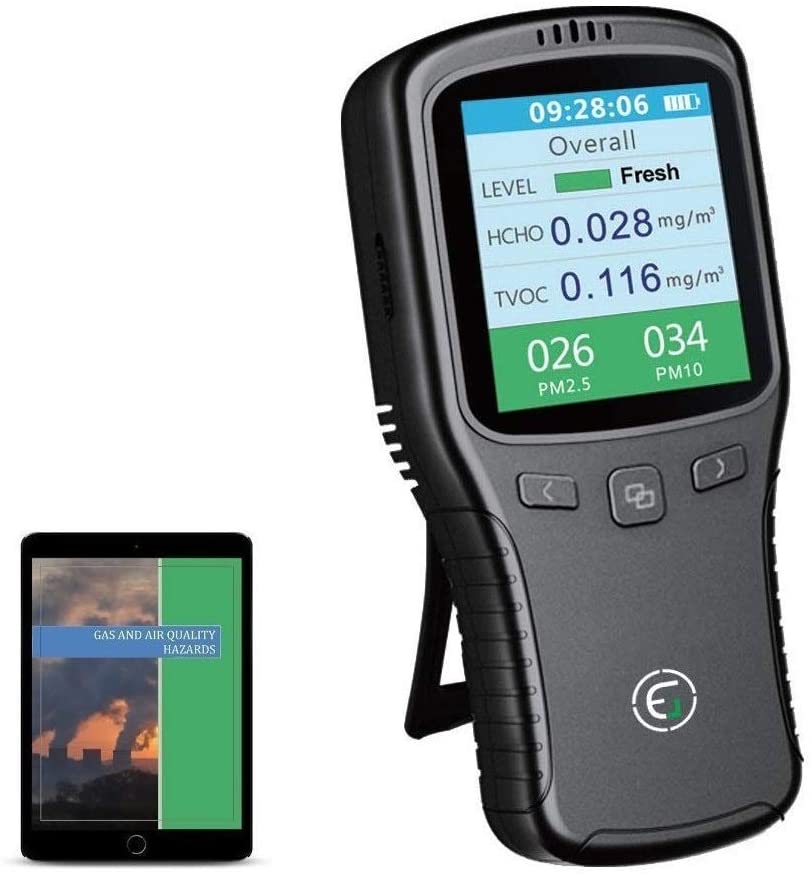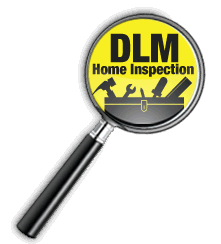Air Quality Testing
Air quality testing is a comprehensive assessment of indoor air to identify potential pollutants and allergens. Through advanced sampling and analysis, it ensures a healthy living environment by detecting contaminants such as mold spores, volatile organic compounds (VOCs), and other airborne particles. Temperature, humidity, CO2, and carbon monoxide levels are also measured and analyzed.
Air testing is crucial for several reasons:
- Health Protection: Identifies and quantifies indoor pollutants that can impact respiratory health and overall well-being.
- Allergen Detection: Detects allergens like mold spores, pollen, and pet dander that can trigger allergies and respiratory issues.
- VOC Monitoring: Measures volatile organic compounds (VOCs) emitted by household products, paints, and cleaning supplies that may pose health risks.
- Mold Prevention: Identifies and addresses potential mold growth, preventing structural damage and health hazards.
- Radon Detection: Tests for radon gas, a colorless and odorless radioactive gas that can seep into homes, posing serious health risks.
- Indoor Pollution Assessment: Assesses the level of indoor pollutants from cooking, smoking, and other sources, ensuring a healthy living environment.
- Occupational Safety: Ensures workplaces maintain air quality standards, safeguarding the health of employees.
- HVAC System Efficiency: Identifies issues in heating, ventilation, and air conditioning (HVAC) systems that may impact air circulation and quality.
- Legal Compliance: Helps homeowners and businesses comply with indoor air quality regulations and standards.
- Peace of Mind: Provides assurance that the indoor environment is safe, reducing concerns about potential health risks.
-
Regular air quality testing is essential for maintaining a healthy living or working environment, preventing health issues, and addressing potential problems proactively.

